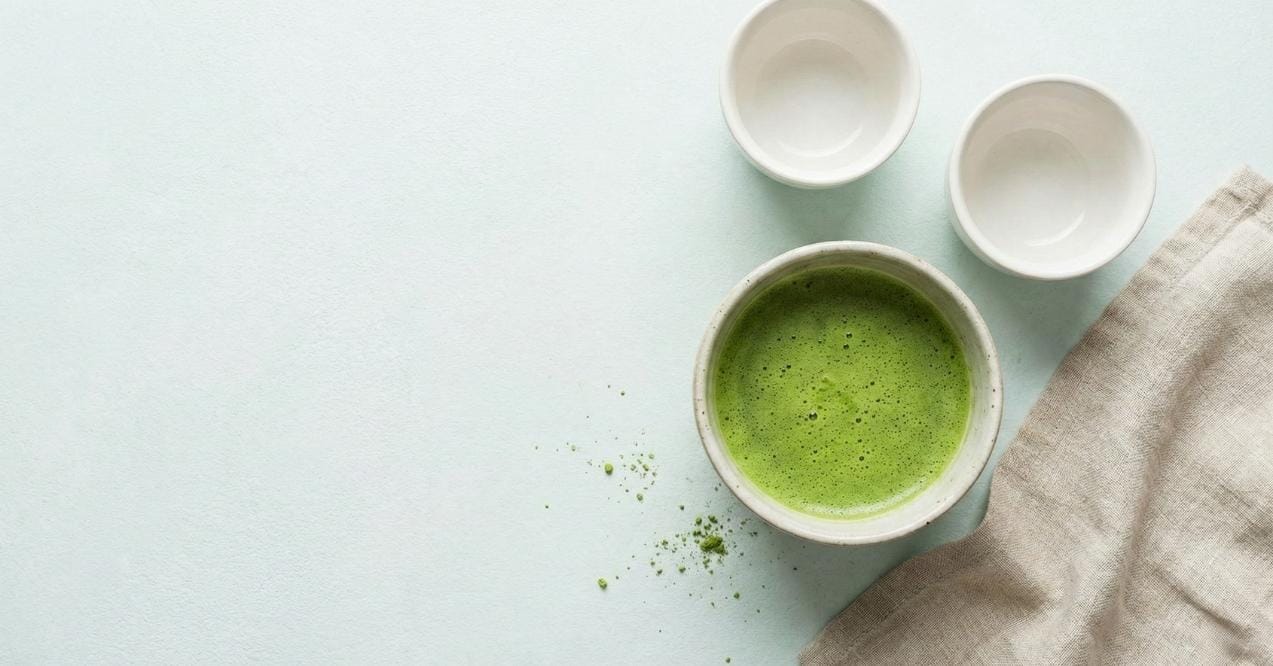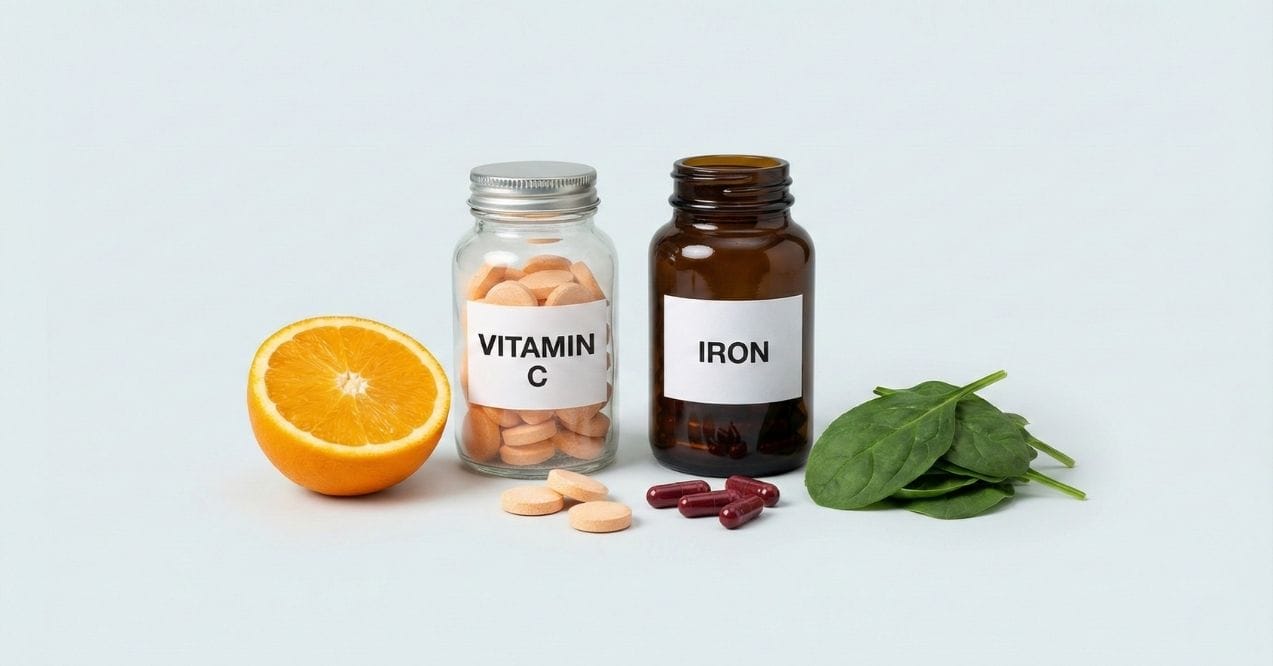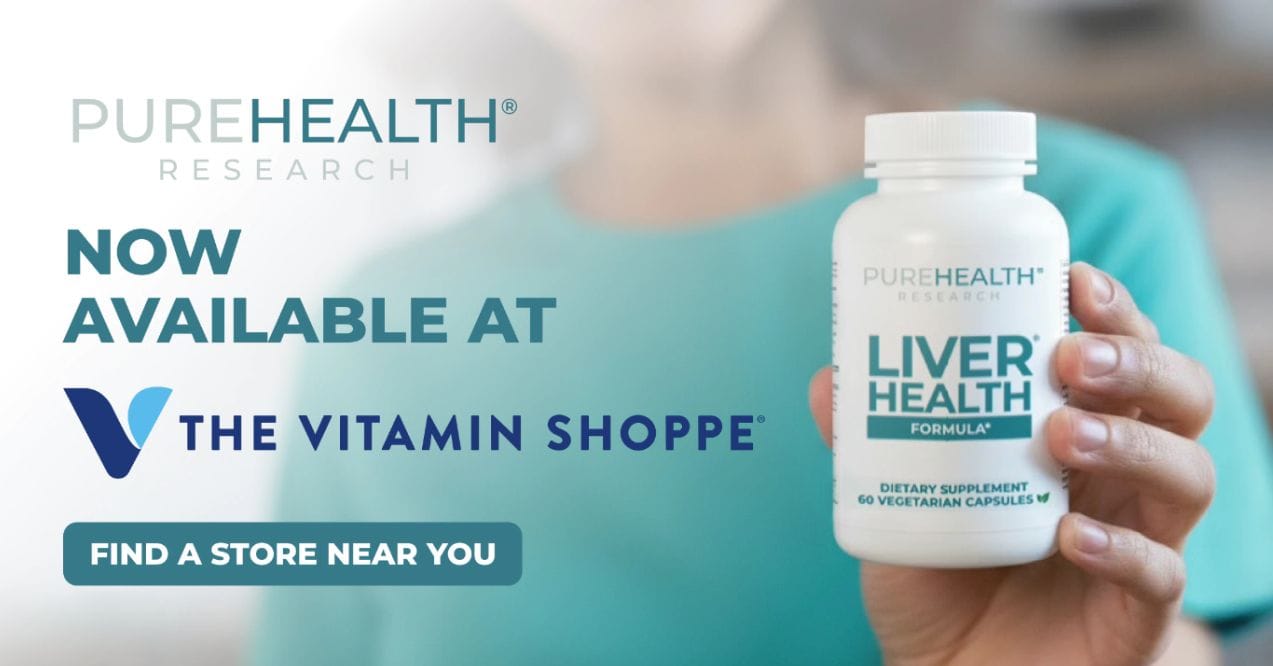8 Best Tips How to Improve Your Lung Health
Learn how to improve lung health with simple steps like deep breathing, healthy eating, and minimizing pollutants.
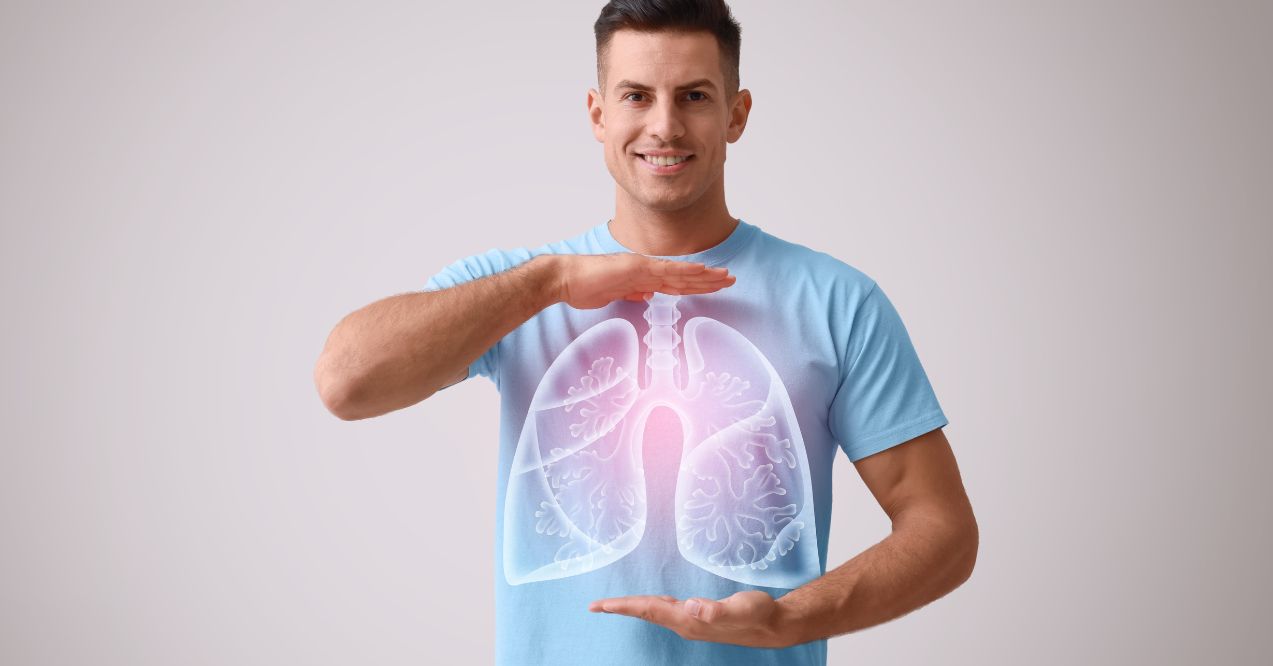

Knowing how to improve lung health is vital for maintaining overall well-being, yet many people overlook the importance of their lungs until issues arise. Your lungs play a crucial role in delivering oxygen to your body and removing carbon dioxide, but they also require care to function efficiently.
In this blog, we’ll explore 8 practical tips to help you support and maintain healthy lung function. Whether it’s adopting better habits or making small lifestyle changes, these strategies can make a significant difference in your respiratory health.
1. Quit Smoking

Smoking harms your lungs by damaging tissues and reducing their ability to work efficiently. It’s a major cause of lung cancer, COPD, and reduced lung capacity. Smoking also prevents your lungs from effectively filtering toxins and delivering oxygen.
Quitting smoking brings immediate and long-term benefits. Within weeks, you’ll notice less coughing and easier breathing. Over time, your lung function improves, and your risk of serious lung conditions drops significantly. To quit, explore options like counseling, nicotine replacement therapies, or mobile apps designed to support smoking cessation. Small steps toward quitting can lead to big improvements in your lung health.
How to Improve Lung Health After Smoking?
If you’re wondering how to improve lung health after smoking, your body starts healing almost immediately once you quit. You can support this recovery by staying hydrated, adopting a diet rich in fresh fruits and vegetables, and incorporating breathing exercises into your routine. Gentle physical activity and avoiding pollutants also help improve lung function over time. These small but meaningful lifestyle adjustments can enhance your respiratory health and overall well-being.
2. Engage in Regular Physical Activity

Exercise strengthens your respiratory muscles and helps improve lung capacity. Activities like walking, jogging, swimming, or cycling challenge your breathing, making your lungs more efficient at delivering oxygen to your body. Over time, this can enhance endurance and make daily tasks easier.
Strength training also supports lung health by improving overall body strength, reducing the effort required to breathe during physical activity. Aim for at least 30 minutes of moderate exercise most days.
How Do You Improve Lung Capacity?
For those wondering how do you improve lung capacity, it’s important to engage in exercises that enhance your lungs’ efficiency. These activities increase the amount of oxygen your lungs can process and improve their ability to expel carbon dioxide. Here are some examples:
- Breath-focused exercises – Practice deep breathing or diaphragmatic breathing to expand lung capacity.
- Cardio workouts – Walking, running, and swimming encourage deeper breathing and stronger respiratory muscles.
- Interval training – Combine short bursts of intense activity with rest periods to challenge your lungs and improve endurance.
Additionally, respiratory issues can sometimes be linked to other health conditions, leading to the question: can liver disease cause shortness of breath? In some cases, liver dysfunction can contribute to breathing difficulties due to fluid buildup or reduced oxygen levels in the blood.
3. Focus on a Healthy Diet

Eating a balanced diet supports lung health by providing essential nutrients that promote respiratory function. Antioxidant-rich foods protect lung tissue, while anti-inflammatory foods can reduce airway inflammation. To support your lungs, consider including:
- Fruits and Vegetables – Apples, berries, tomatoes, and leafy greens are high in antioxidants.
- Healthy Fats – Nuts, seeds, and olive oil contain anti-inflammatory omega-3 fatty acids.
- Whole Grains – Oats, brown rice, and whole wheat provide fiber that supports overall health.
- Lean Proteins – Fish, poultry, and legumes offer protein without excessive saturated fats.
Practical tips:
- Plan colorful, nutrient-packed meals.
- Swap sugary snacks for fresh fruits.
- Add spinach or kale to soups and smoothies.
- Reduce processed foods and stay hydrated.
4. Practice Deep Breathing Exercises

Deep breathing exercises can strengthen your lungs, improve oxygen flow, and promote relaxation. Techniques like diaphragmatic breathing engage your diaphragm to expand lung capacity, while pursed-lip breathing helps control exhalation and keeps airways open.
Try diaphragmatic breathing by lying on your back, placing one hand on your stomach, and breathing deeply through your nose, feeling your stomach rise. For pursed-lip breathing, inhale through your nose and exhale slowly through pursed lips, as if blowing out a candle.
5. Minimize Exposure to Pollutants
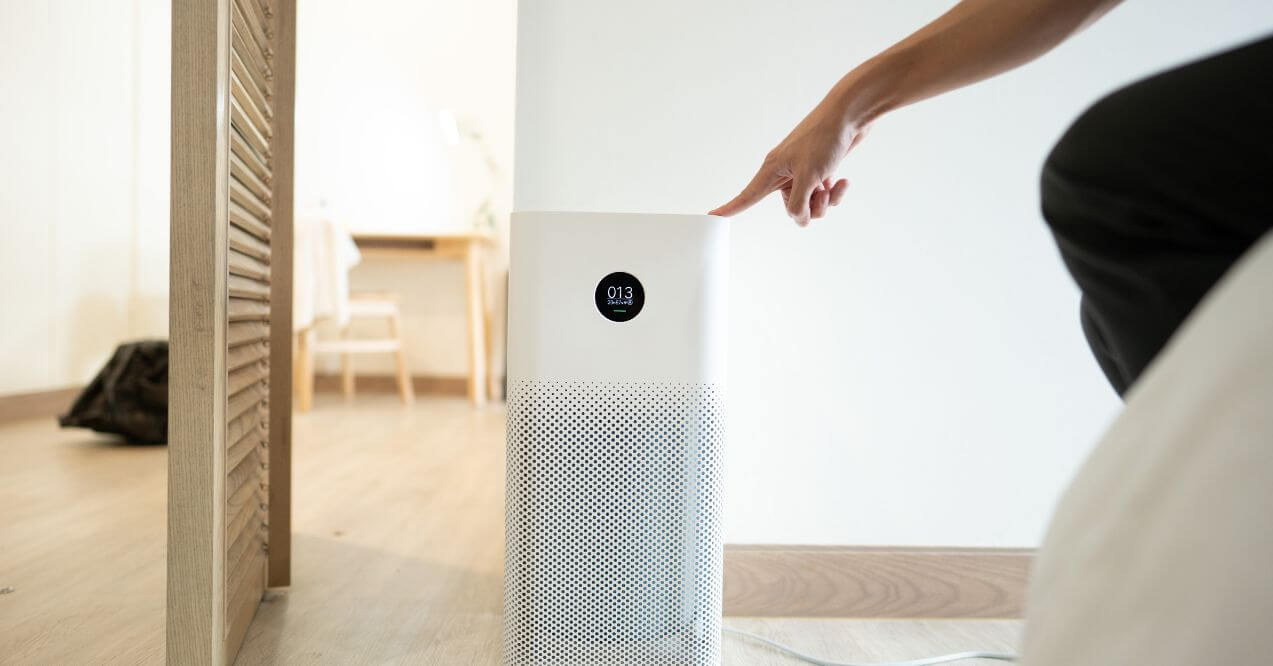
Air pollution can harm your lungs by irritating airway tissues and reducing their ability to function effectively. Common pollutants include outdoor smog, indoor smoke, and allergens like dust and pet dander. Long-term exposure can contribute to breathing difficulties and discomfort. To reduce exposure:
- Improve Indoor Air Quality – Use air purifiers and keep your home well-ventilated.
- Avoid Smoke – Stay away from wood-burning stoves, cigarettes, and secondhand smoke.
- Monitor Outdoor Air Quality – Check pollution levels and limit outdoor activities on poor air quality days.
- Reduce Household Irritants – Use non-toxic cleaning products and regularly dust or vacuum.
How to Clean Your Lungs?
Many people ask how to clean your lungs, but it’s important to know that your lungs have a natural self-cleaning mechanism. Tiny hair-like structures called cilia work to move mucus and trapped toxins out of your airways. You can support this process by staying hydrated, engaging in regular physical activity, and practicing deep breathing exercises. Avoiding pollutants and eating a diet rich in antioxidants also help your lungs function optimally.
6. Get Vaccinated and Prevent Infections
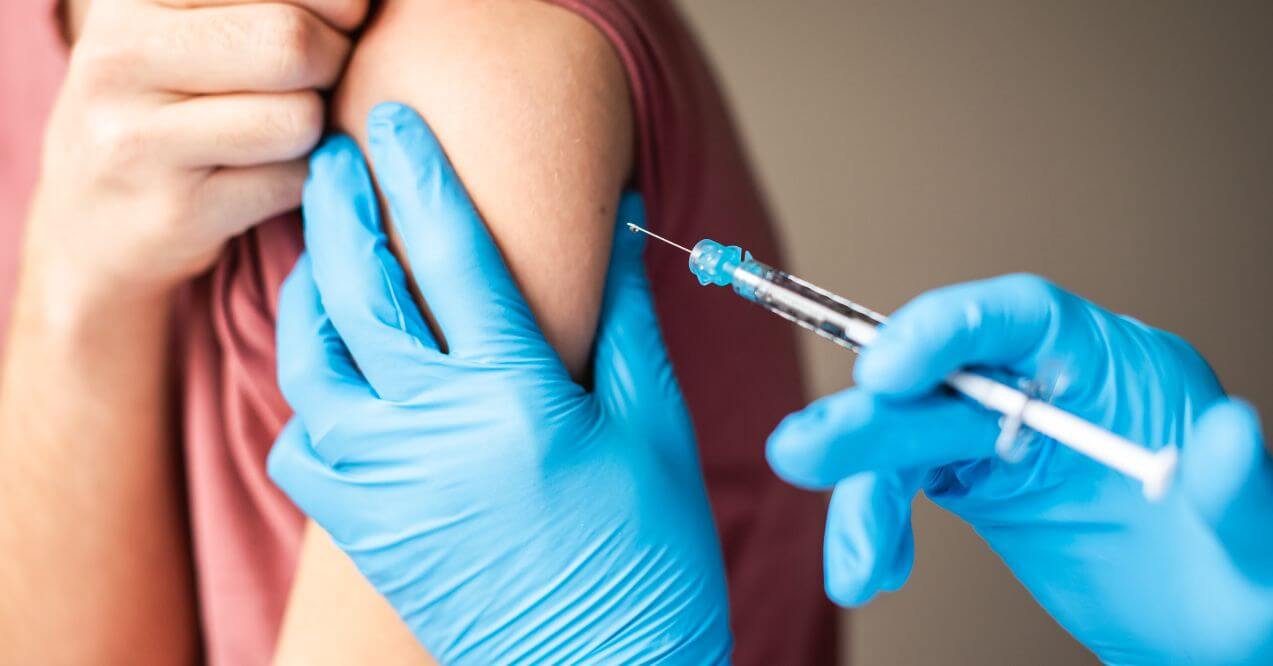
Learning how to improve lung health also includes taking steps to protect against respiratory illnesses. Vaccinations play a crucial role in supporting lung function by reducing the risk of infections that can strain your respiratory system. Recommended vaccines for adults 60+ include the flu shot, pneumonia vaccine, and others based on your health needs. To prevent infections:
- Practice Good Hygiene – Wash your hands frequently and avoid touching your face.
- Maintain Distance in Crowded Places – This limits exposure to airborne germs.
- Stay Hydrated and Rested – These habits strengthen your immune system.
7. Prioritize Regular Lung Screenings
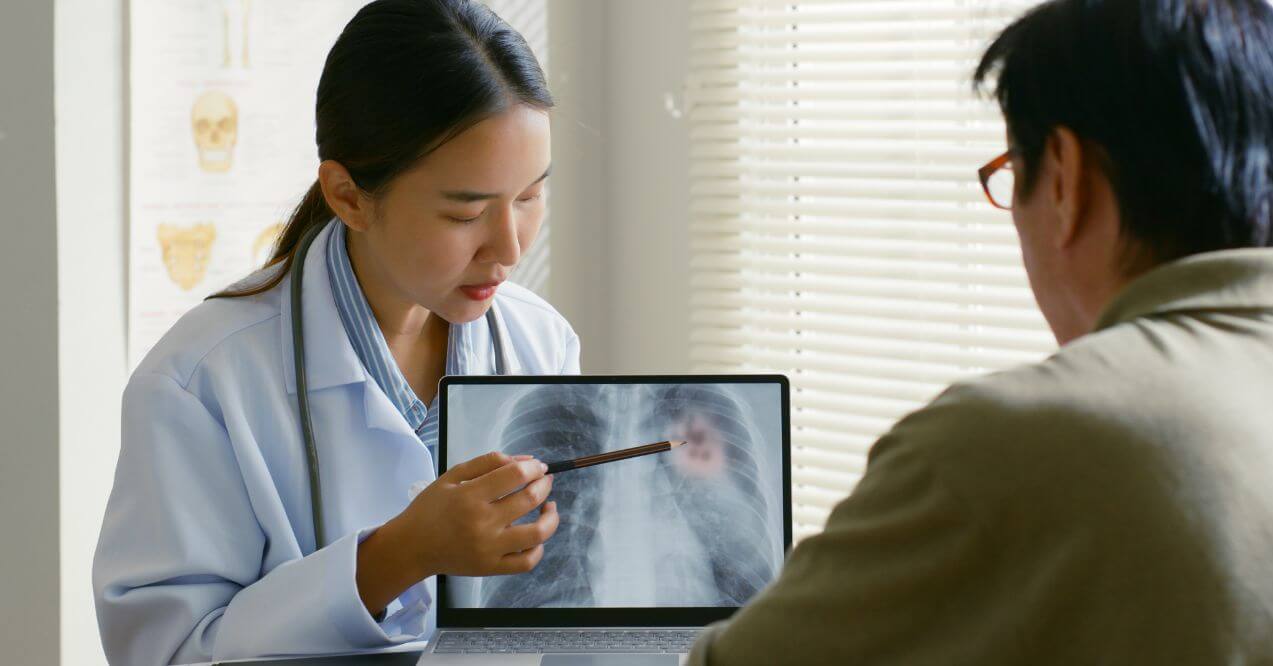
Regular lung screenings are essential for early detection of potential issues. These tests can identify concerns before symptoms arise, allowing for timely interventions to maintain lung health. Adults with a history of smoking or exposure to pollutants should consider screenings, especially those aged 60+.
Screening options include low-dose CT scans, which provide detailed images of your lungs. Consult your healthcare provider to determine the right tests for you. Prioritizing screenings is a proactive way to support long-term respiratory health and ensure your lungs function at their best.
8. Bonus Tip: Maintain Good Oral Hygiene
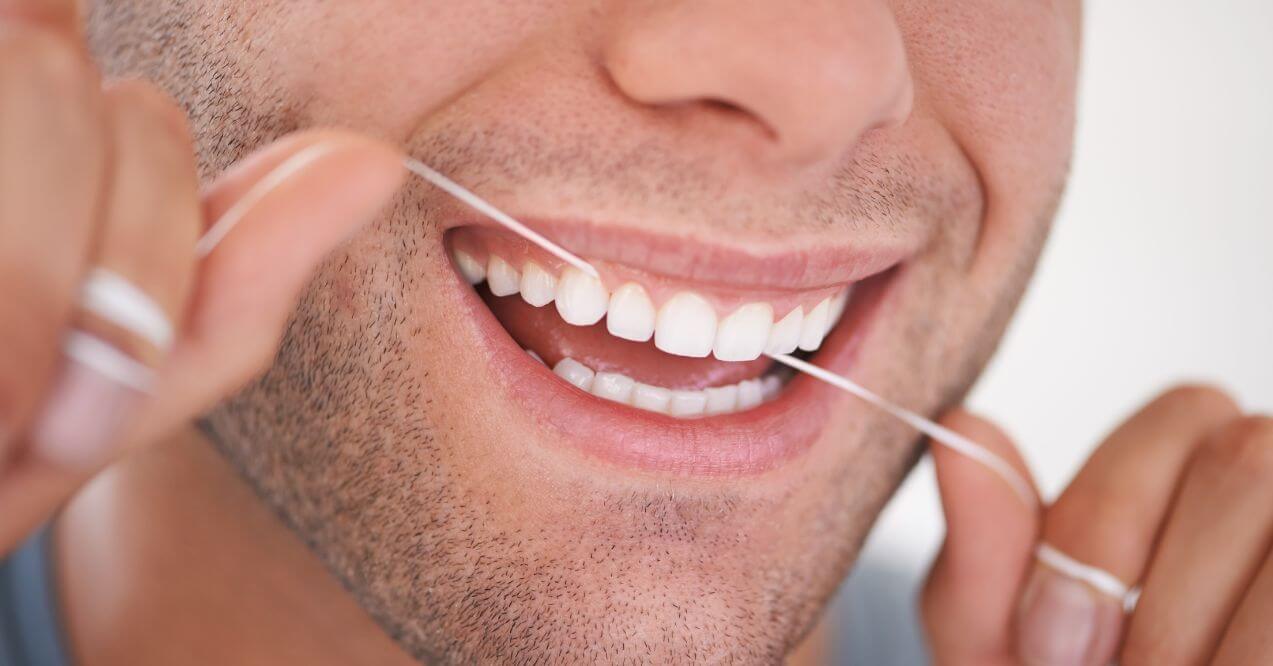
Good oral hygiene is essential for lung health. The mouth serves as a gateway to the respiratory system, and poor oral hygiene can allow harmful bacteria to travel from the mouth to the lungs, potentially affecting respiratory function. To support lung health, brush your teeth twice daily, floss regularly, and use an antibacterial mouthwash to reduce harmful bacteria. Regular dental check-ups also help prevent oral issues that could impact your lungs. Maintaining oral health contributes to cleaner airways and better overall respiratory well-being.
Conclusion
Knowing how to improve lung health starts with simple, actionable steps that support your respiratory system’s function. From quitting smoking and eating a balanced diet to practicing deep breathing and staying active, these eight tips can make a significant difference. Prioritizing lung health through regular screenings and minimizing exposure to pollutants ensures long-term benefits. Start incorporating these habits into your daily routine today. Small changes can lead to big improvements – take charge of your lung health now for a healthier future.
Early signs include shortness of breath, persistent coughing, wheezing, and reduced exercise tolerance. These symptoms often develop gradually and can indicate declining lung function, so it’s important to monitor them and seek medical advice when necessary.
You can test lung capacity by timing how long you can exhale steadily after a deep breath. Simple tools like peak flow meters also measure airflow and provide insights into your lung function.
No, it’s never too late. Quitting smoking, exercising, and improving your diet can promote lung function at any age. The lungs have an impressive ability to recover and adapt, especially with healthy lifestyle changes.
Lung repair begins immediately after quitting. Inflammation decreases within weeks, and lung function gradually improves over months or years, depending on smoking history. Significant benefits often appear within the first year of quitting.
Processed foods high in sodium, sugary beverages, and fried items can increase inflammation, which may impact lung function. Reducing these foods in your diet helps support healthier respiratory health over time.
Sign up for our Healthy Living newsletter!
Advertisement. This site offers health, wellness, fitness and nutritional information and is designed for educational purposes only. You should not rely on this information as a substitute for, nor does it replace, professional medical advice, diagnosis, or treatment. If you have any concerns or questions about your health, you should always consult with a physician or other health-care professional. Do not disregard, avoid or delay obtaining medical or health related advice from your health-care professional because of something you may have read on this site. The use of any information provided on this site is solely at your own risk.



